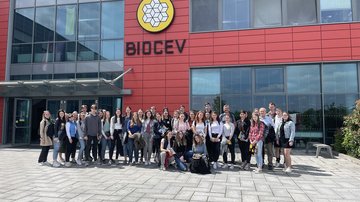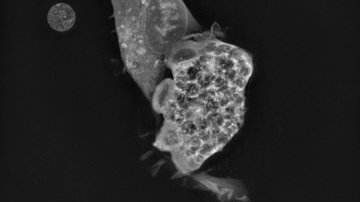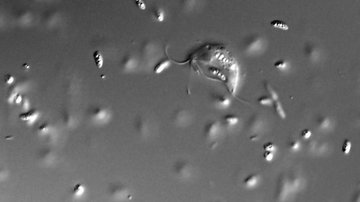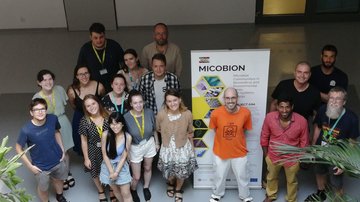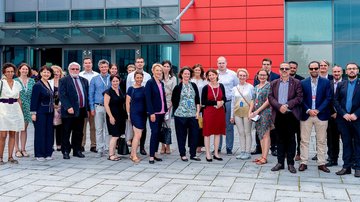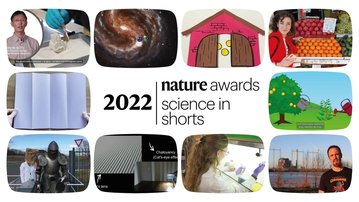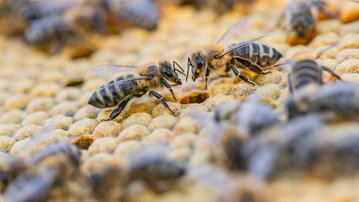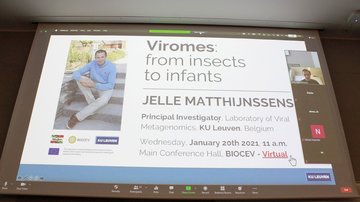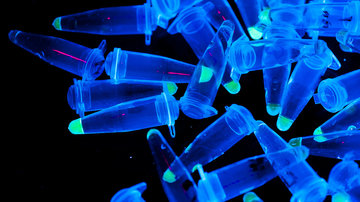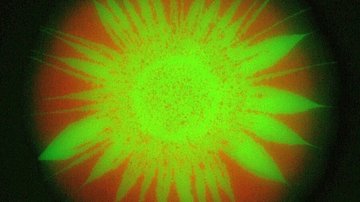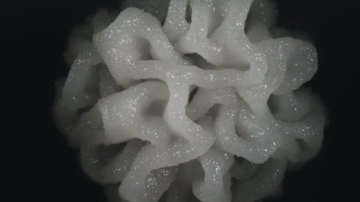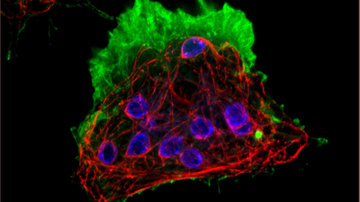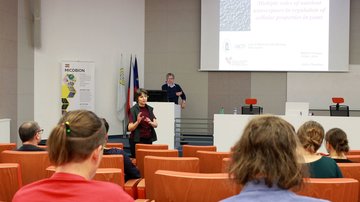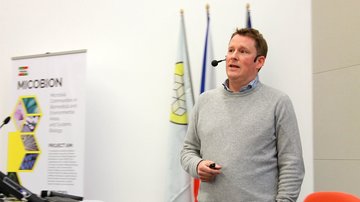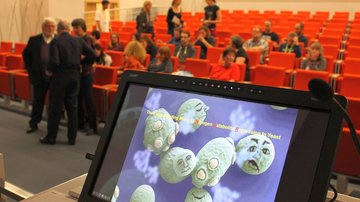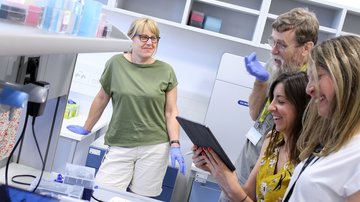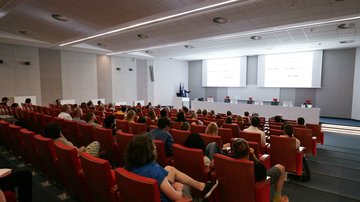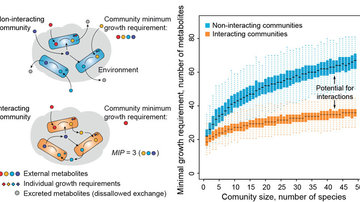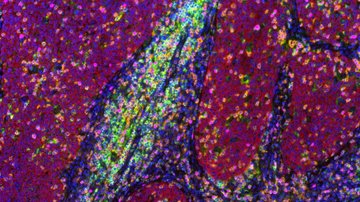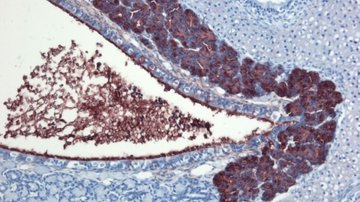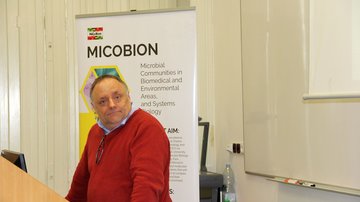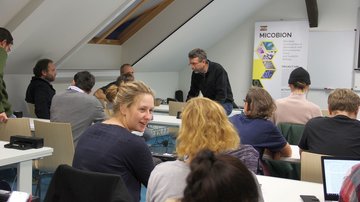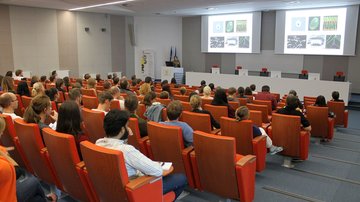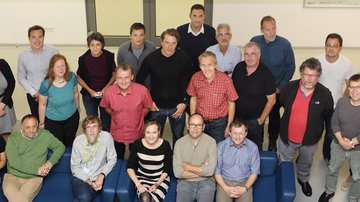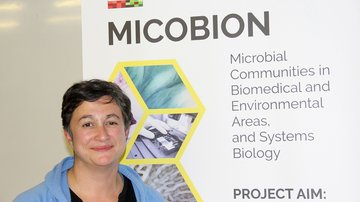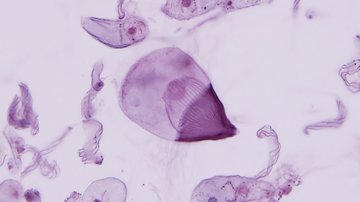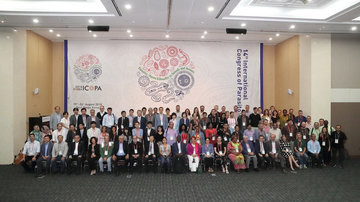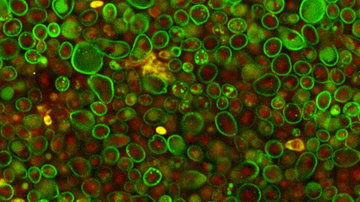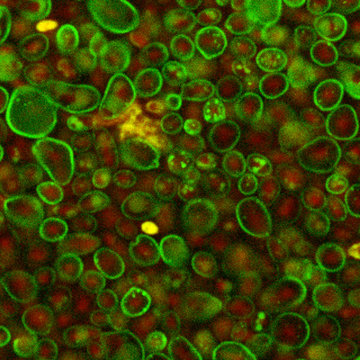
MiCoBion
Our yeast research experts launch a scientific debate about lower eukaryotes apoptosis in Science Magazine
Despite advances in the field of programmed cell death research in lower eukaryotes, widely believed myths are still held to be true. Therefore, BIOCEV experts Zdena Palková and Libuše Váchová, alongside foreign colleagues, launch a scientific debate disproving oversimplified comparison of apoptosis in higher and lower eukaryotes.
BIOCEV experts Zdena Palková and Libuše Váchová, alongside foreign colleagues, pointed out in their "technical comment" in the journal “Science”, problematic approaches and insufficiently substantiated conclusions in a previously published article in the same journal. This article described a programmed, apoptosis-like death in the mould Aspergillus fumigatus, induced by pulmonary neutrophils, as an important mechanism of the immune response.
Science is one of the best-known peer-reviewed academic journals, publishing the results of original research, as well as review articles from a wide range of scientific disciplines, without narrower specialization; its impact factor is 41.058. In their comment in Science, (http://science.sciencemag.org/content/360/6395/eaar6910.full), Zdena Palková (head of the Yeast Colony Biology Group, Faculty of Science, Charles University, BIOCEV) together with Libuše Váchová (Institute of Microbiology of the CAS, BIOCEV) and foreign scientist colleagues from Johns Hopkins University (USA), University of Montpelier (France) and Moscow State University (Russia) oppose the methodical procedures and hence conclusions of the article published in Science at the end of 2017.
They point out significant differences between cellular mechanisms in organisms such as fungi and mammals which make it impossible to simply apply the same techniques to organisms with such different developmental strategies. The authors also aim to stimulate a broader scientific discussion on the theme of apoptosis, with respect to regulated cell death in fungi and yeasts.

